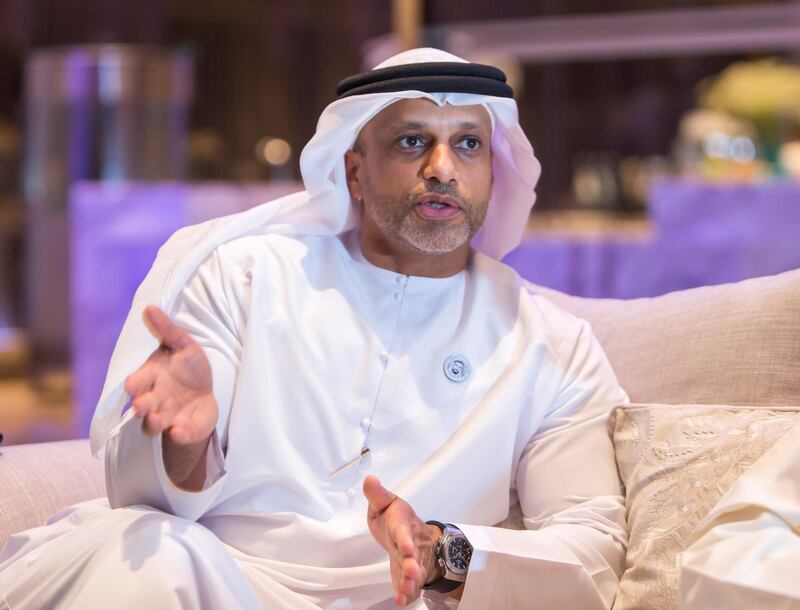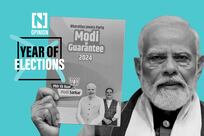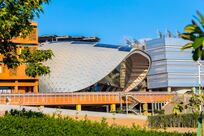Emirates Steel, one of the UAE’s largest non-oil companies, is eyeing expansion into Iraq following rebuilding efforts as it looks to diversify into newer economies amid a cooling global market for the metal.
"We’re always looking at new markets, one of which we are targeting now is Iraq. [Also], Syria, Yemen, for rebar, wire rod and sections," said Emirates Steel chief executive Saeed Al Remeithi. "Iraq is a big growth market for us, and from the logistics point of view it is very big. We have seen right now Iraq is more stabilised than in the past few years and we have already started on the market.”
Emirates Steel, which is a unit of Abu Dhabi industrial holding company Senaat, is currently in the middle of a refinancing programme. The entity's parent on Sunday listed a $300 million sukuk, part of a $3 billion programme to refinance some of its debt.
Mr Al Remeithi declined to comment on the company’s refinancing programme, noting that an announcement was due very soon on its plans to raise more debt.
He also said there was “nothing concrete yet” on the UAE’s plans to procure waivers against the imposition of a 25 per cent tariff on steel by the US administration. President Donald Trump also added a 10 per cent levy on imported iron as he sought to crush what he saw as “dumping of steel” from manufacturers in China. Imposition of tariffs against metals, including $267 billion (Dh980.7bn) worth of Chinese goods and doubling of levies on Turkey's steel and aluminium exports, has led to a global slump in the base metals market.
“The [impact] is global and I don’t think we’re immune from it, but we have 40 markets where we sell our products, and we have already obtained certifications for those markets and we’re operating there and we have an advantage over so many steel producers in the region,” said Mr Al Remeithi.
He dismissed concerns of a direct impact on sales, noting that the US, which accounts for 5 per cent of Emirates Steel’s exports, has not suffered from any shrinking of market share.
____________
Read more:
Senaat may issue more sukuk in 2019 as it lists $300m bond
Exclusive: Senaat plans to seek exemptions from metals tariffs for its subsidiaries
__________
"There is no direct impact on us, as such. We can talk about the indirect impacts globally, we can talk about sentiment, trade wars, and on the global economy,” he added.
In the domestic market, which is Emirates Steel’s largest followed by the GCC, the producer anticipates robust demand from the development of the new Al Maktoum International Airport as well as the expansion of refining and chemicals facilities in Ruwais by Abu Dhabi National Oil Company.
Local demand has remained the same this year compared with 2017, said Mr Al Remeithi, noting that he expected it to stay strong in 2019.
“From the rebar point of view, it will stay the same, most of the sections, will stay the same. If there are issues in the local market, we have alternatives,” he said.







